Table of Contents
"Can I ask, what's your PhD question?", my skills tutor ventured.
I fumbled something together in response; "er, well, I used to have a question, you know when I applied for the PhD. It kinda came with one."
She nodded.
"... but things have changed since then, "I added, screwing up my forehead, "as I follow things that are interesting, you know, so the questions have changed."
More nods.
And I realised at that point I no longer knew what my PhD questions were. It brought memories of my nine month review; "your questions need to be more defined as they are too broad." Clearly I had not made any effort to narrow them, nor adapt or update them.
Two years in and I am still stuck in the mindset of a newbie PhD student whereby we will solve all the questions on our topic, and get a Nobel prize in the process. Everything is important and relevant and exciting.
And this all feels completely on parallel with my knowledge management system; the risk of missing out on something is just too great, right?
I mean, I know questions are important; a major part of creative research is coming up with creative questions which nobody has thought of before. A beautiful question is the cornerstone to the best results.
But in that moment I had realised it was me who has been fumbling along for the last few years without a defined question, or set of questions, to which it was my 'PhD purpose' to discover the answer to.
Or more importantly, how can I come up with novel and exciting research if I was looking for an answer, to a series of questions, I had not yet defined?
And how can I then create an organised knowledge management system, if I didn't have some central thread to pull everything together; its purpose if you like?
The sensation of realising this was a lightbulb moment for me; if I don't have a question to refine things, then everything will always be important.
When in need of enlightenment, find someone else who said something important
It all reminded me of an Einstein quote - one of the few quotes I can remember off the top of my head:
"If I had an hour to solve a problem and my life depended on the solution, I would spend the first 55 minutes determining the proper question to ask for once I know the proper question, I could solve the problem in less than five minutes."
It didn't come out quite so eloquently in my tutor session, but I got the gist across.
Not having a clearly defined set of questions, at least partly, explains why I'm having so much trouble focusing my work. My 'writing' is a massive spider web of ideas, bound together nicely by scientific nuances and 'this is interesting'-s across numerous apps and systems. And of course, this disorganisation expands into my own brain as well. I have so many questions intertwined into my various iterations of note systems which bridge the digital and physical universes.
In my line of work, I find the whole 'linking your thinking' thingy is a huge challenge to manage. Everything is connected in someway, everything seems relevant and everything might be valuable one day.
But only if you don't have a question.
"Sharpen your thinking" is the motto woven into the fabric of Obsidian. But I feel like a puffer fish; less small, sharp and spiky, and more puffed, bloated and floating around, adrift in the currents in a sea of endless inspiration. Notes are fragments of eDNA; useful at times, but they don't really pin down exactly what's there.
But not if I had a question.
Capacities sells itself as, "A studio for your mind"; well mine is more cardboard archive boxes and piles of paper in the basement than swanky, minimal, corner office overlooking Central Park.
Yet, if I had a question, I would need everything in those boxes.
As someone whose brain could wonder daily for years on a specific topic, yet also switch without a moment's notice, confining myself to the boundaries of a question sounds strangely therapeutic.
And somewhat of a challenge.
If you're looking for more inspiration, help with focus and interesting insights into the PhD process, sign up to my newsletter, Brain STREAM:
My focus could all end as I sit in the kitchen
I could connect a toaster with soil microbial life. Well spoiler alert, I did, and whilst the process was a great way to devise some very interesting questions, those questions were completely tangential to my research topic. Linking is not a problem, but structure is and always has been - viz "Why I'm Switching to Capacities" - because I ask far too many questions.
So what do I do when just looking around at the objects in my kitchen threaten the very existence and focus of my PhD questions?
With my already defined question, I could close my eyes, breathe, and try to refocus:
- What's important? What's not important?; What's central and critical? What's parallel and obtuse?
- What's the end goal and how can I work back from there?
- What does the process look like?
- What is at the centre of everything?
After all, no-one likes a politician who doesn't answer the question.
But this process of thinking and refining is dependent on those PhD questions being present in the first place. To identify them, I need to go back to 'where it all began'. I need to return to those murky mud flats of early PhD days, when the world was my oyster and I was a fish skipping across those mudflats for the first time.
By going back in time I can identify where I got lost and what I need to get back on track.
The mists of time will reveal chaotic beginnings
I do think setting very defined questions at the beginning of a PhD is a huge challenge. That's why a PhD typically starts with a literature review. Part of my problem, is that that literature review never really happened in its entirety. I was in the field two months after my PhD started (at 80% FTE) and then COVID lockdown number 2 happened, so I ended up squished somewhere between trying to run samples, childcare and reading in those first six months. Safe to say, it was all a bit multi-directional.
And as you can imagine, my note-taking was equally multi-directional.
This is not to give an excuse, but perhaps evidence as to why everything ended up a bit messy. At breaking point I lost a file somewhere in those mists. That was when I was rescued by the Obsidian boat. But suddenly I was part of a fleet where everyone else seemed to know how to sail and I had to learn quickly and messily.
Everything needed my attention. I just shoved things into notebooks and files and apps, hoping they would resurface later; I have written them down therefore they are done/processed/in the system. Oh how wrong was I.
As a big storm approaches, i.e. writing time, it soon became pretty obvious things aren't really up to scratch.
So I decided I need to learn how to sail the Obsidian boat. I need to work on the process, learn the rigging and I need to identify where it is going to take me.
Having a central set of questions is what pulls all of this together.
Questions are the manual I need to sail. I need to make a manual to my PhD.
Questions pull everything together
So now, at the centre of everything in my knowledge management are questions. I won't bore you with the specifics of them here, but even just the process of defining those questions lifted a huge burden off my shoulders. The process even took me from a general thesis question to a more specific one, further refining what it is I need to find out.
And I need to ask the questions of my PhD knowledge system; not what can it do, but what is relevant? What are the fundamental questions to which this collection of notes is designed to answer?
If its directly relevant, keep it. No, put it aside, out of mind; in the attic, basement or garage if you like; maybe a second vault, notes system or archive folder. Everyone has a space in their house that is full of junk they never look at or use. It's the 'maybe one day I'll use it place'. But the important thing is, is that it is separate from everything else, because that day isn't today.
But therein comes a problem, how do I know if something I have read or thought about is, or will be, important? Which things should go into a cardboard box?
To answer this, I would like to share a dream with you.
Listen to your dreams to find your real questions
Myself, my family and some random people I don't remember, were sitting waiting for the end of the world in the front garden of my dad's house. As we watched volcanoes erupt in front of our very eyes and fire rip across the forested hills, a voice appeared to give some very wise advice; "What matters at this moment is not how much you have or own, but how much alcohol you have left in your cupboard." At this moment I opened a cupboard to find an almost-full, 80 proof bottle of vodka.
As I awoke at that highly bizarre moment of reflection, as a one-drink-a-month-that-definitely-wouldn't-be-vodka, kind of person, I was a little confused but also strangely impressed at my ability to come up with something so profound.
It wasn't until days later I realised, there is not just one meaning or piece of wisdom in this, but many.
And perhaps that is the problem with my PhD and knowledge system so far - the value of snippets can change with time and context. One day the meaning could be appreciating the value of the small things, and another it doesn't matter what you do, you'll probably be screwed anyway.
The reality is that we can't see the future, but we can apply some tried and tested corporate strategy to constrain our decision making. We could do a 'risk assessment' of our ideas by asking two questions:
- What is the likelihood I will need this piece of information (to answer my question)?
- What are the consequences (to answering the question) if I don't have it?
By asking these two simple questions, we can make the judgement of whether something is important to the question or whether we were just curious and think it might be relevant.
No-one has written a book about everything. They all have a focus, a purpose and a story.
But every story ends with a twist...
There's always a twist, so know when to pivot and when not to
I don't use social media apps on my phone. My actions of deleting LinkedIn, Medium, X, Facebook and Instagram have done wonders for reducing my doom-scrolling habits. If you haven't done it already, I would highly recommend doing something similar.
However I digress.
The evening after my tutor meeting, I received an email from 'LinkedIn Expert Answers', from which I had never had an email from before, titled 'What makes a research question effective?'
After all my pontification and discussion of 'questions', I had to sit down.
This is either major coincidence at a event probability similar to that I encountered in my dream, or something, somewhere was listening. And no, I had not investigated the matter on Google, who we all know, knows our deepest darkest secrets ...
I don't really know what to make of it, but it would make a really great question to find the answer to, don't you think?
But wait, I hear the sirens calling!
Does it answer one of my PhD questions? No.
Does it influence handing in my PhD thesis? Very unlikely.
What are the consequences of not answering the question? For me, at this moment, minimal.
Will I make a note of the address on a 'useful websites for PhD skills' note?' Probably, but that's all.
I don't need to read it, or process it, or even think about it because it doesn't answer one of my questions.
I can't answer everything. I can't question everything.
Best to stow this one aside, or chuck it overboard, for when I've learnt to steer my ship properly. Because so far, it wouldn't make it through the first storm.
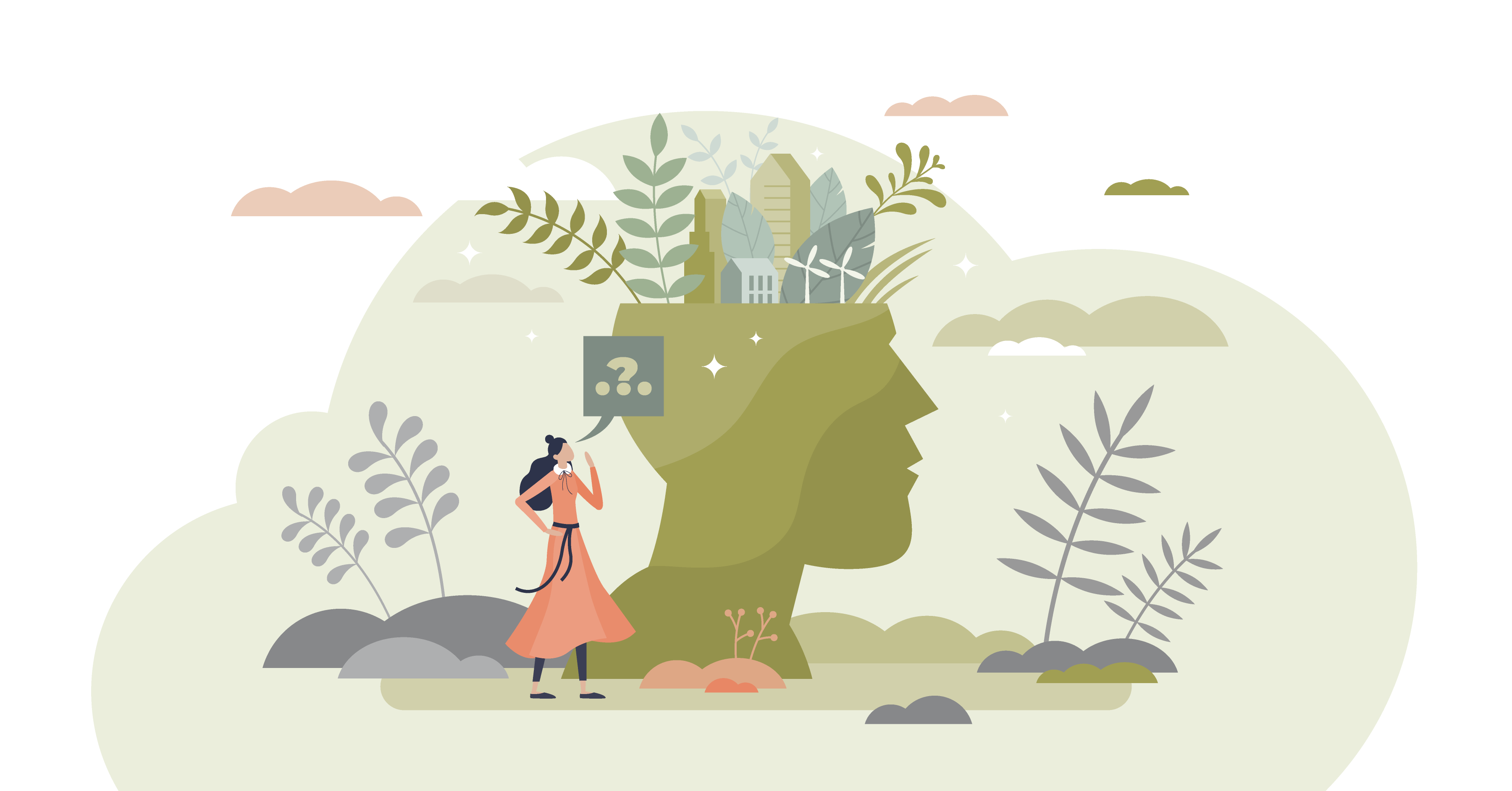

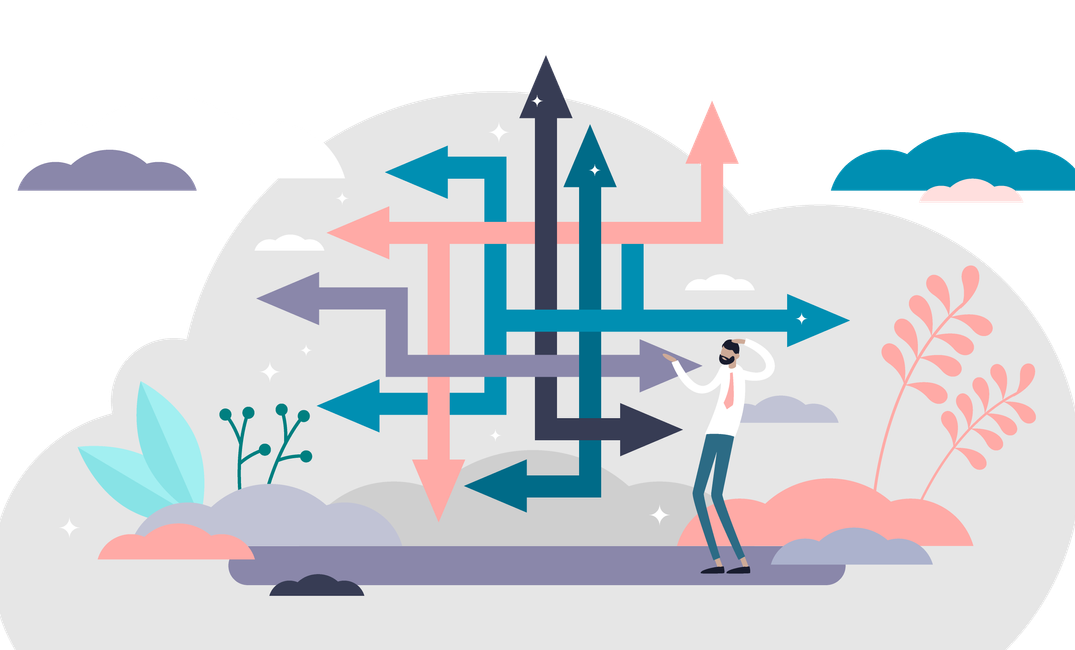


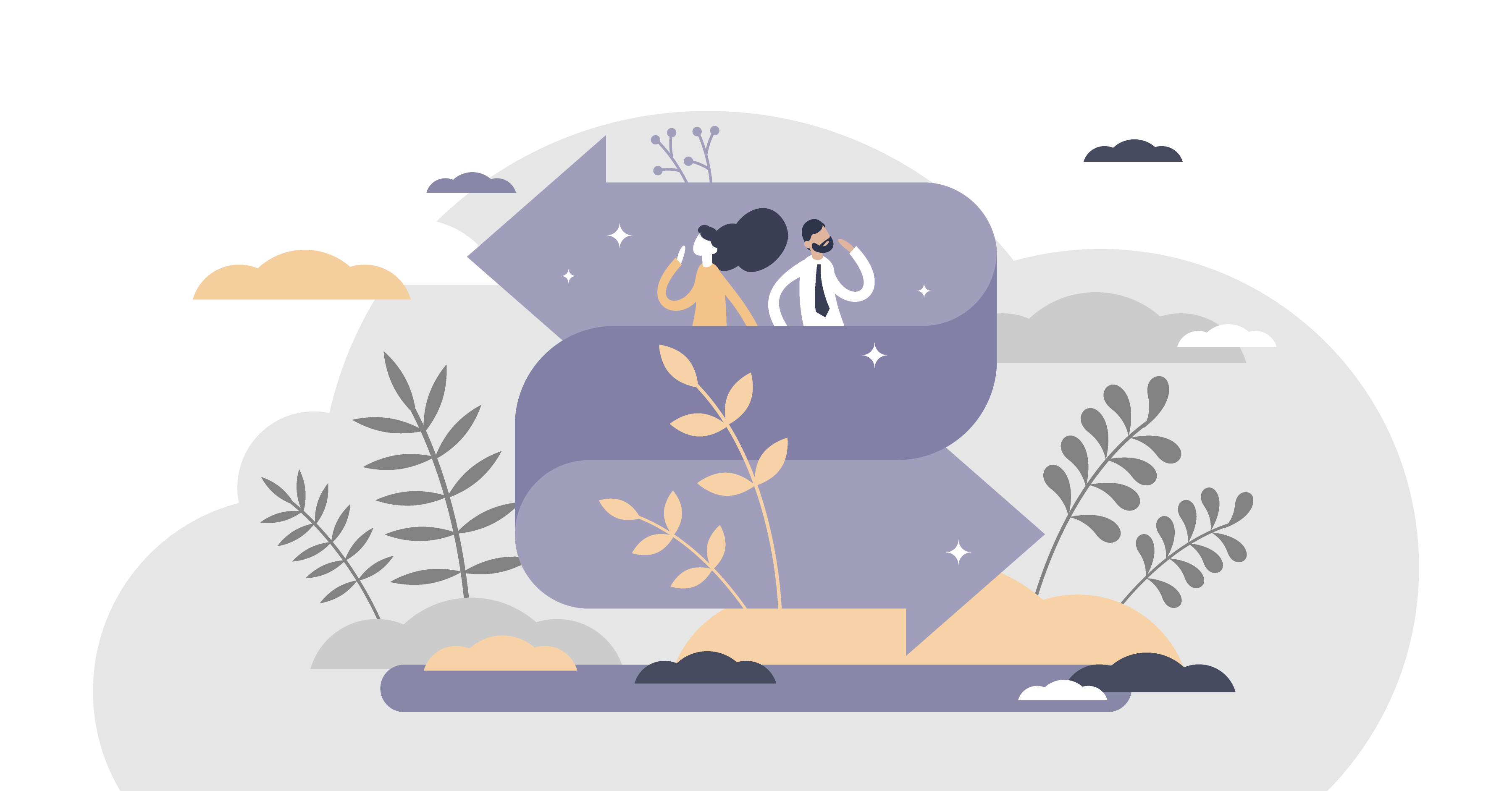

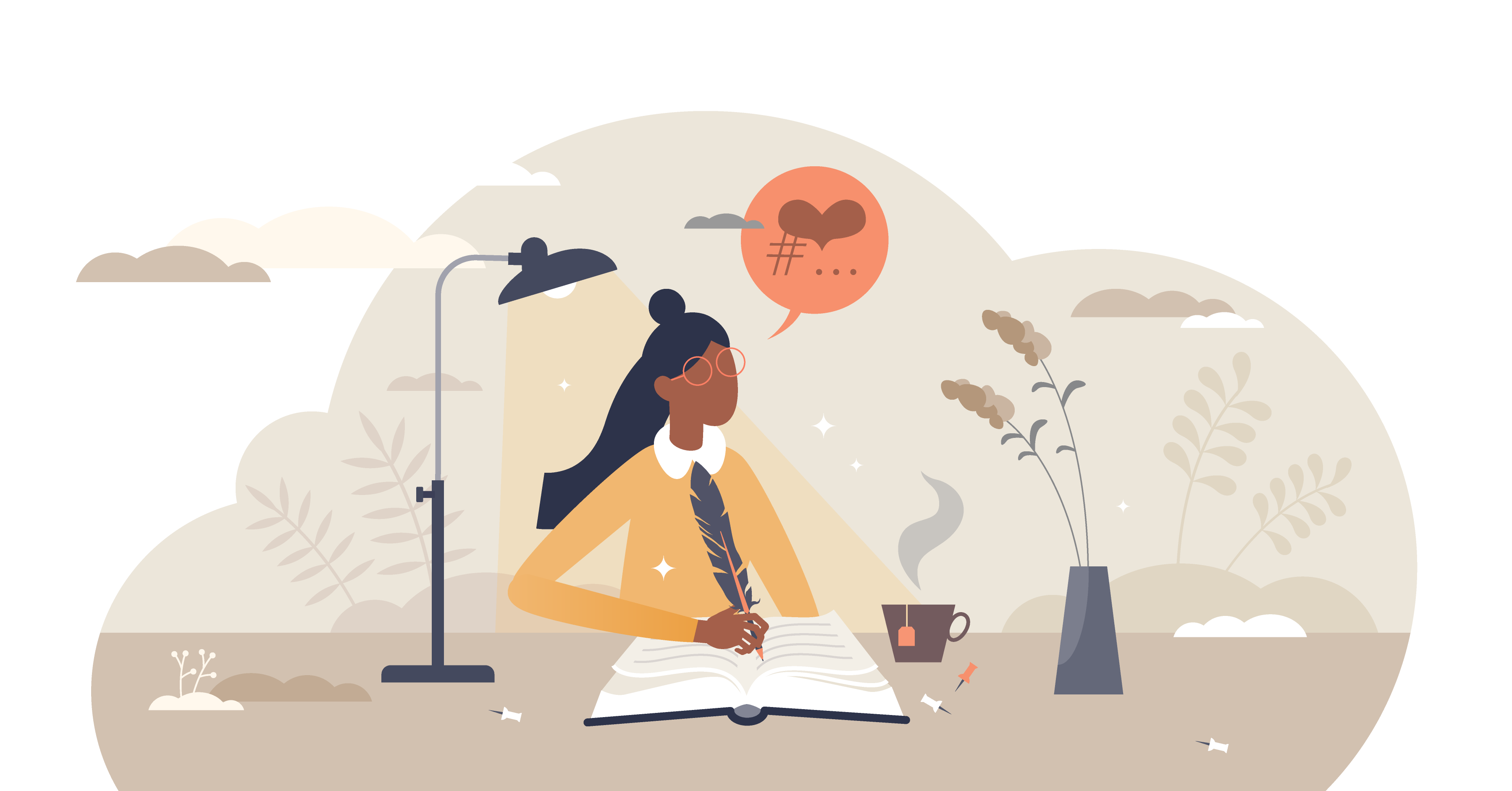
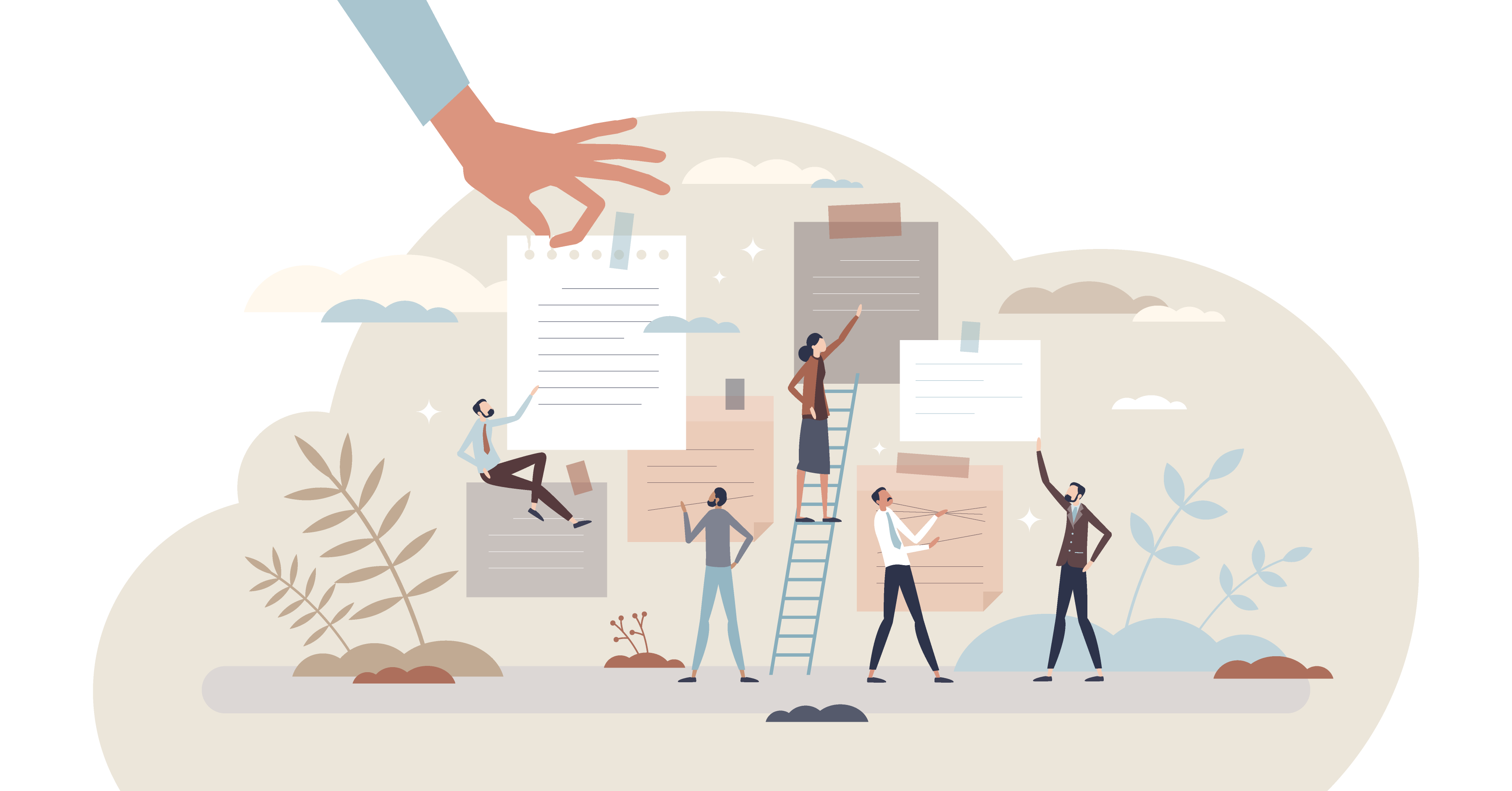
Comments